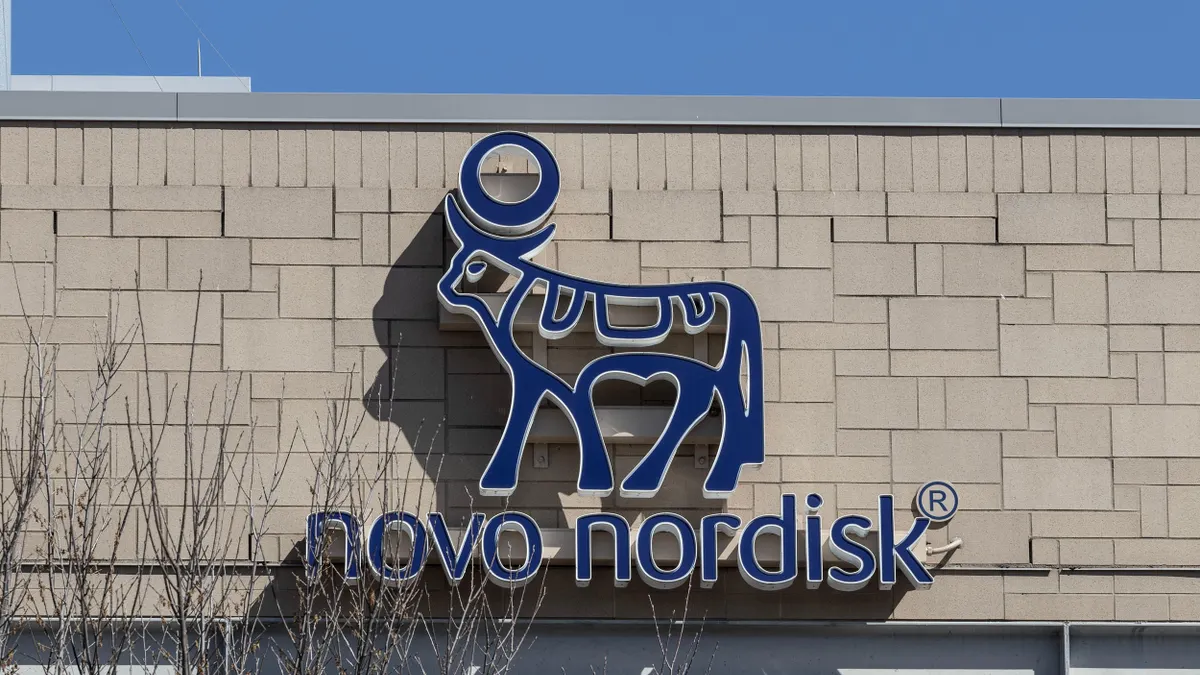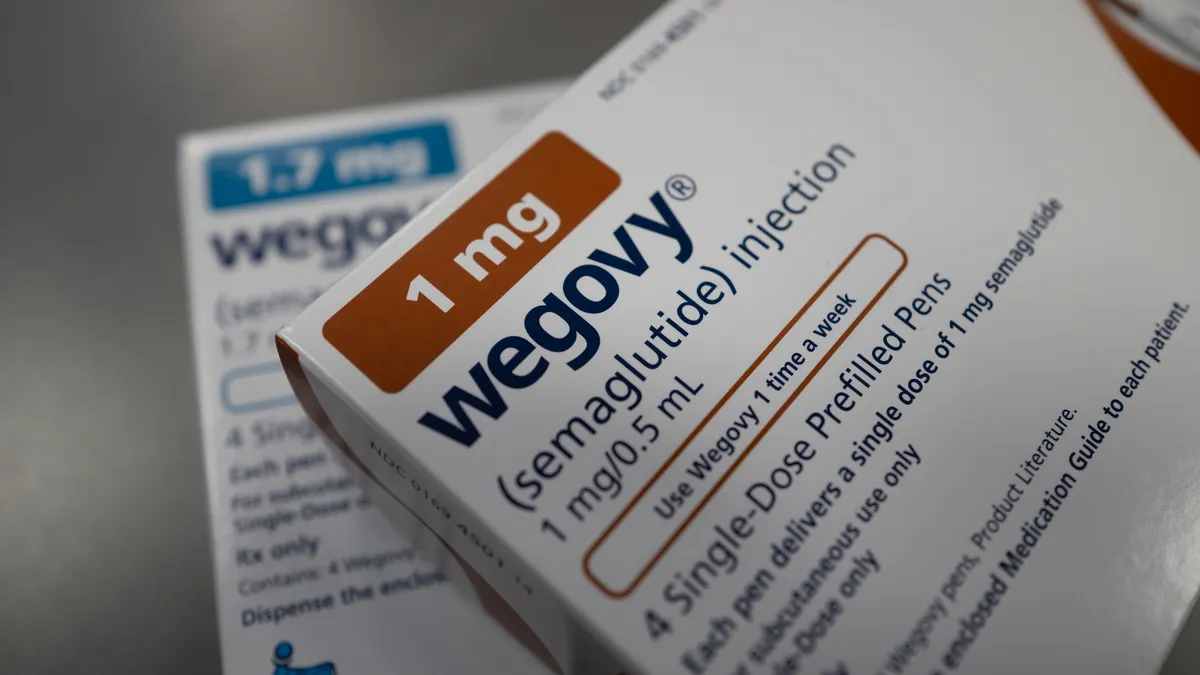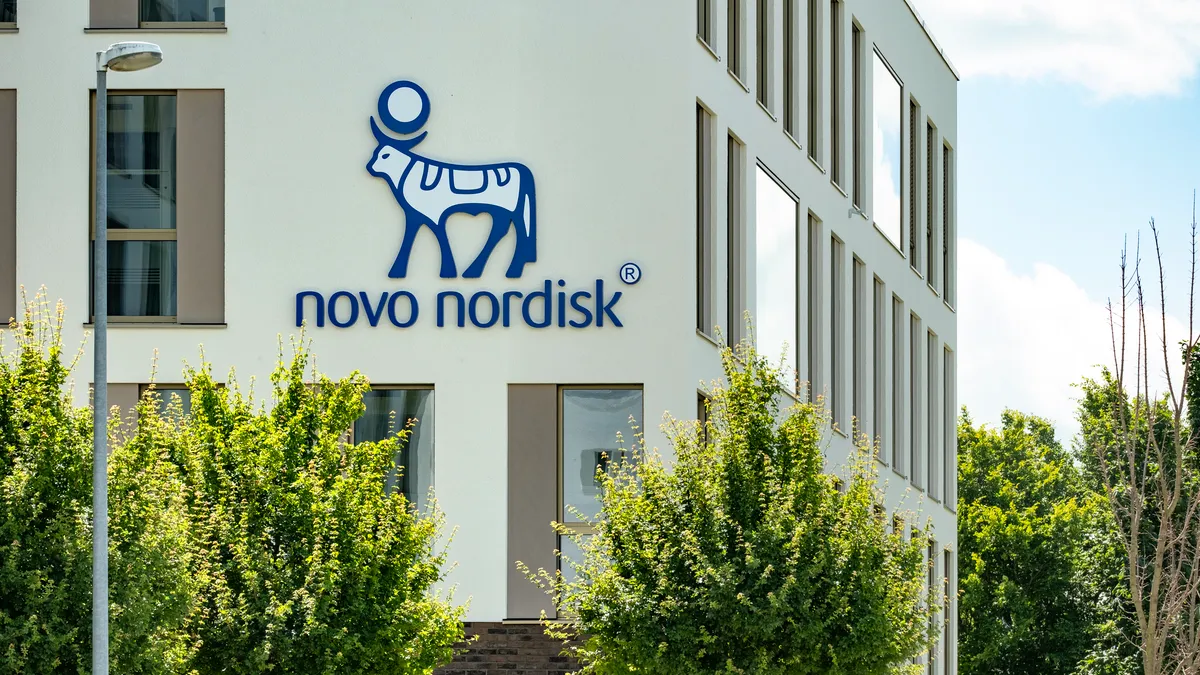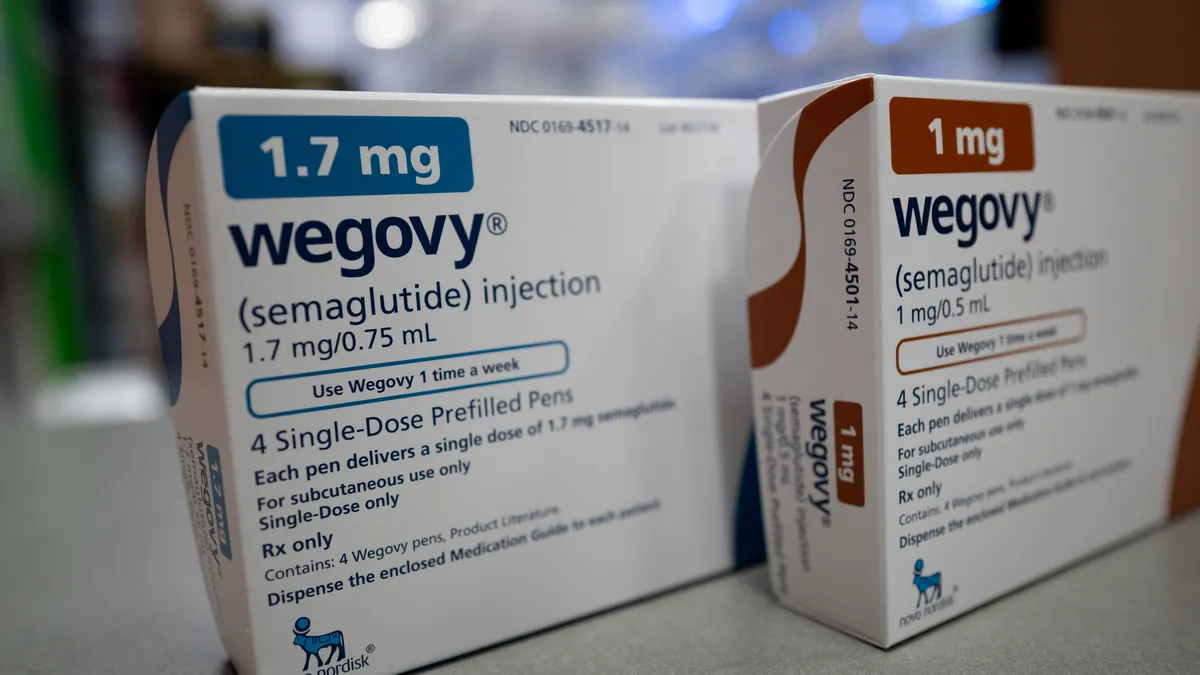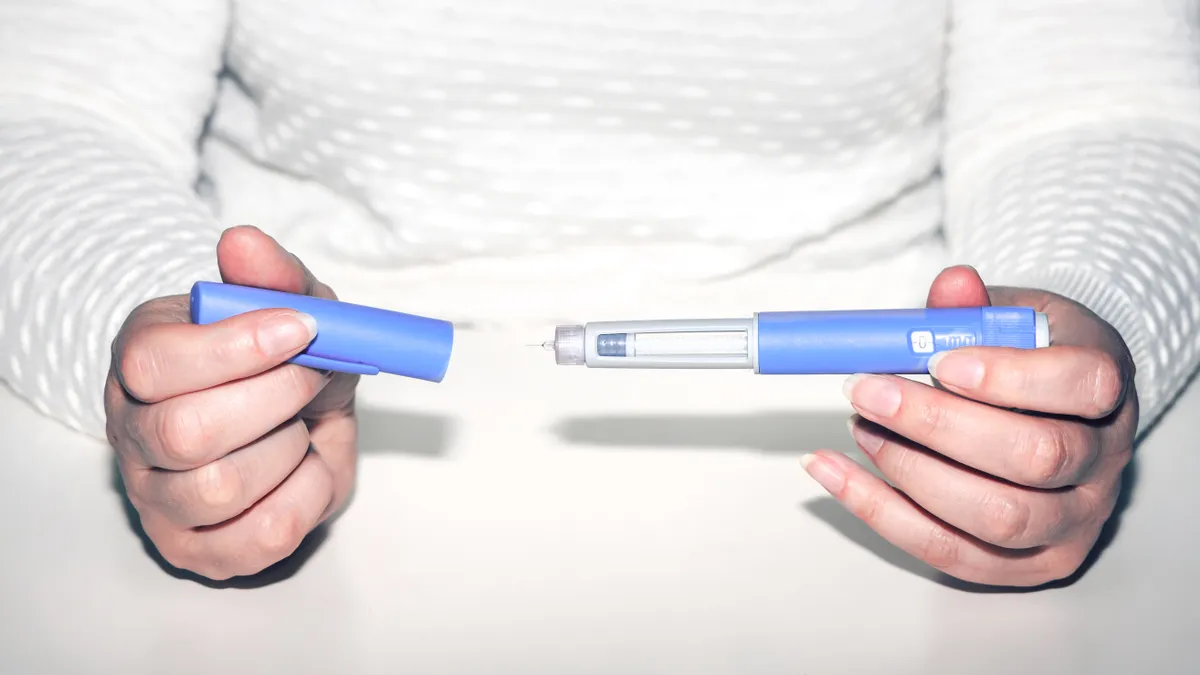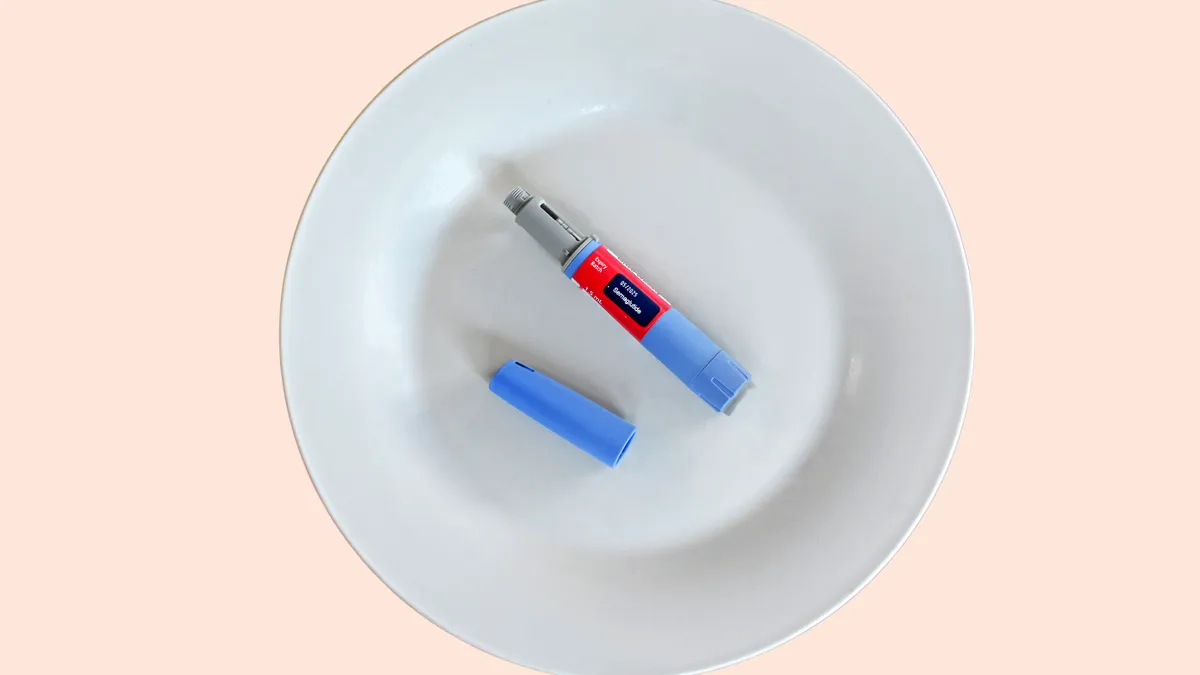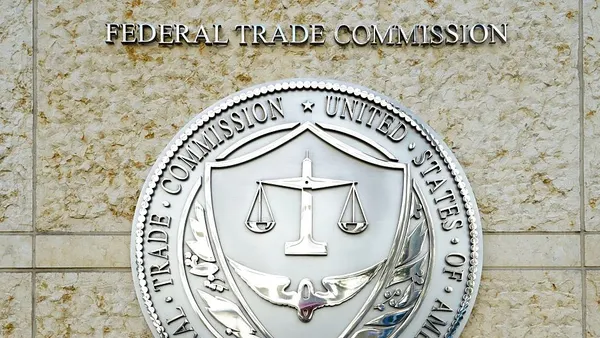Novo Nordisk is battling back against the threats to its obesity drug business, saying in an earnings report Wednesday that it expects a significant boost from a major insurer deal and wider legal actions against the companies making knockoff versions of Wegovy.
Competition from Eli Lilly’s rival weight loss drug Zepbound as well as the makers of compounded, “personalized” forms Wegovy have crippled Novo’s market prospects in obesity. The company has lost nearly half of its share value this year, announced a CEO switch and, just last week, cut its financial forecasts.
But on July 1, Wegovy became the preferred anti-obesity medication on the national formulary for CVS Health’s pharmacy benefit manager Caremark, giving Novo a leg up on Zepbound in the tens of millions of American patients covered by the company’s plans. That decision has shifted patients to Wegovy “largely in line with what we expected,” said Novo’s U.S. operations head Dave Moore, on a conference call with analysts.
Novo will also accelerate a recent push into direct-to-consumer channels for Wegovy, an initiative that’s part of a broader trend among pharmaceutical companies. While direct-to-consumer marketing fueled an increase of total Wegovy cash-pay prescriptions from 4% to 10% in the U.S. since January, growth has been slower than expected, according to Moore. The company “will continue to invest” in the expansion of those channels, he added.
Those efforts, however, will likely necessitate a price cut for Wegovy in the second half of the year to make the drug more attractive to those paying cash and “reduce friction” for insured people, CFO Karsten Munk Knudsen said.
Drug compounders, meanwhile, pounced on an earlier supply shortage of Wegovy and Zepbound and have eaten into Novo’s sales in particular. Though the Food and Drug Administration has since declared the shortage over, companies have justified continued marketing of copycat versions by offering “personalization” that adjusts doses or adds vitamins.
Novo executives said they’re pressing the FDA to enforce bans on compounded Wegovy. Earlier this week, the company also announced it’s filed 14 new lawsuits seeking to block sales, bringing the total number of court cases it’s started to 132.
Still, a broad change to federal law may be necessary to stop sales, as compounders are currently taking advantage of a legal loophole. “There is nothing categorically that is off the table” in terms of litigation, Moore said.
Novo Nordisk said it recorded net sales of 76.8 billion kroner, or $12 billion, between April and June, a 13% increase over the same period in 2024. Net profits of 26.5 billion kroner represented a 32% jump versus the second quarter last year.
Novo shares fell another 4% in morning trading Wednesday.



